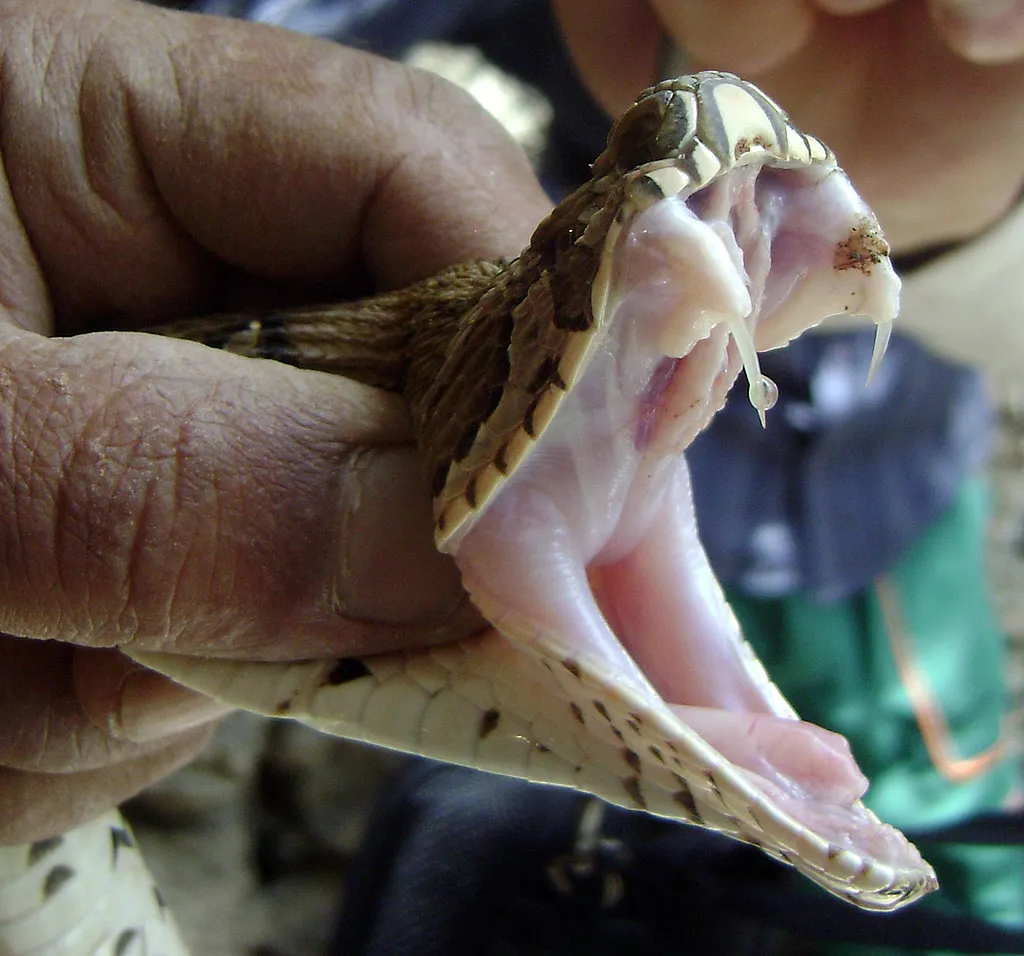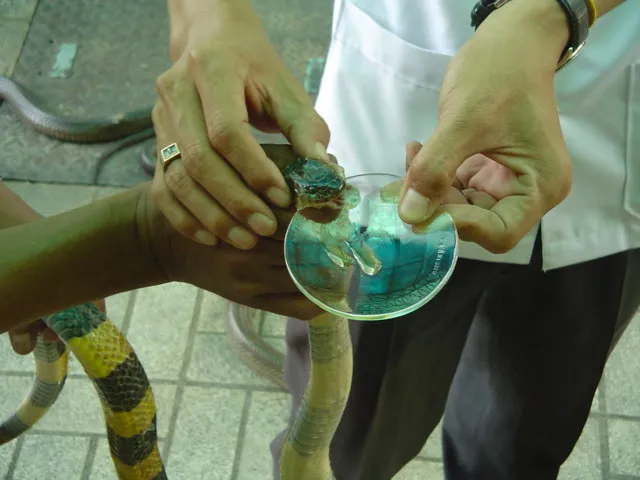Have you ever considered that a horse, exposed to the exact venom as that of a deadly snake, could be the key to saving someone bitten by the serpent? This unique concept involves harnessing the antibodies developed by a horse's immune system against the venom, effectively aiding the human body in combating the lethal toxin.
Antivenom has been since the 19th century and scientist have been looking for a way to eliminate livestock from the equation due to certain constraints such as finding different livestock for different venom as well as requiring several batches of livestocks. This is why scientist are trying to eliminate livestock from the equation as well as create universal venom.
The way antivenoms are created is similar to that of vaccines and uses the same mechanism. To understand this, when foreign particles such as viruses, bacteria or toxin gets into the body, the body starts to create antibodies to stick to the surface of the particles causing other immune cells to attack the particles and neutralize them. In this way, scientists then decided to inject horses with very little amount of venom, as it has an immune system that can fight, wade off and create antibodies against the venom.
Snake venom is composed of numerous toxins to incapacitate its target so when talking about venom, it isn't about one particular venom. So with this, venom being injected into a horse, means that the horse would produce multiple numbers of antibodies to attack different toxins in a mishmash of antibodies known as Polyclonal antibodies. These antibodies would be extracted from the horses blood, purified, and injected to treat humans that have been bitten by snake but then the antivenom is only good for one type of snake venom because the genes that produces venoms in snakes varied from one snake specie to another.
With horses, there might still be cases of missing antibodies capable of attacking some of the most dangerous toxic elements in the venom thereby not causing a trigger in immune response when injected in humans. This said, using antivenoms from livestock can lead to allergic reactions in humans, since they is gotten from animal blood.
Scientists are now looking at how to create less specific antivenoms to help solve these problems but then it is very difficult to reach for improvements as we cannot keep injecting humans with venoms and injecting them with antivenoms. So, scientists are working on Monoclonal antibodies which are antibodies from a single gene and this is done in the lab and this is used in a targeted manner as well as consistently. This monoclonal antibodies would be improved upon so they can attack a particular class of toxins and are known as Broadly-neutralized Monoclonal antibodies.
Researchers are hopeful that this advanced strategy will pave the way for combating toxins from specific gene classes found in various snake venoms simultaneously. By focusing on broadly-neutralized monoclonal antibodies, scientists aim to develop a more effective and versatile solution to counter the diverse array of toxins present in snake venoms.
Reference
https://pubmed.ncbi.nlm.nih.gov/32196542/
https://www.who.int/teams/control-of-neglected-tropical-diseases/snakebite-envenoming/antivenoms
https://www.sciencedirect.com/science/article/pii/S0041010123002933
https://www.ncbi.nlm.nih.gov/pmc/articles/PMC9503307/
https://jvat.biomedcentral.com/articles/10.1186/s40409-017-0128-5
https://www.mdpi.com/2072-6651/15/1/15
https://www.ncbi.nlm.nih.gov/pmc/articles/PMC7758004/
https://www.creative-diagnostics.com/polyclonal-vs-monoclonal-antibodies.htm
https://www.ncbi.nlm.nih.gov/pmc/articles/PMC7131169/

